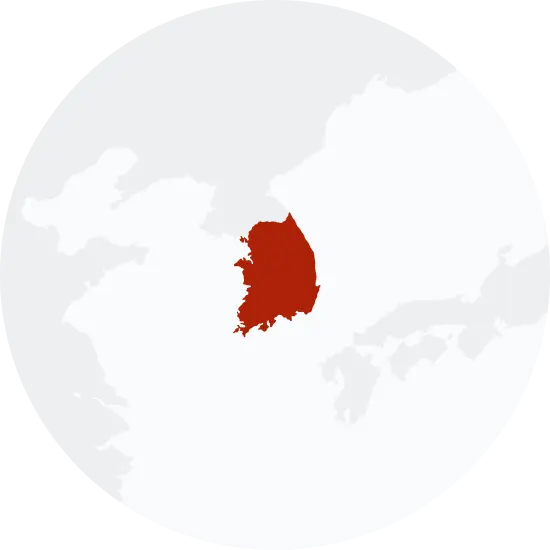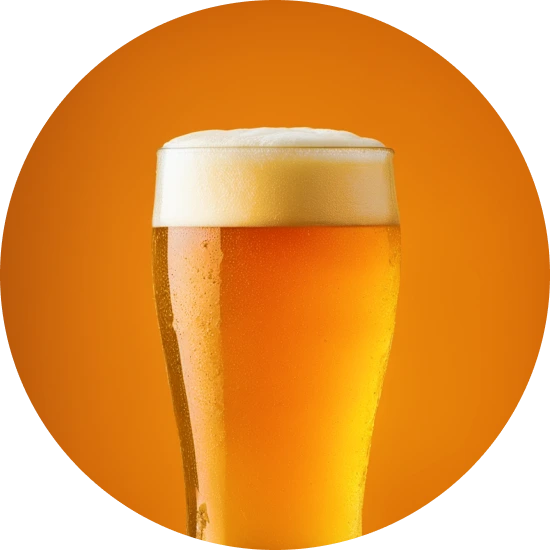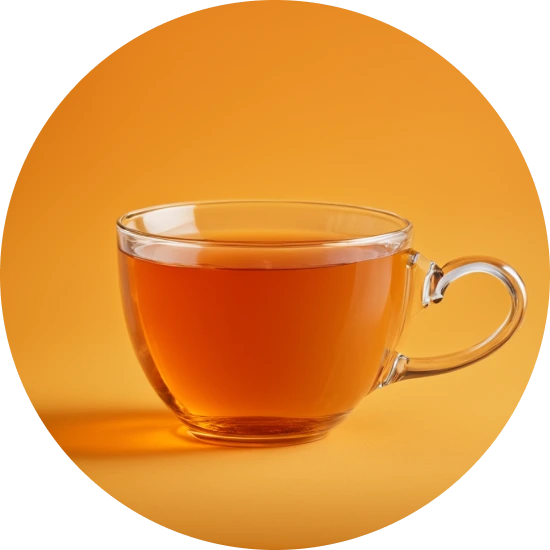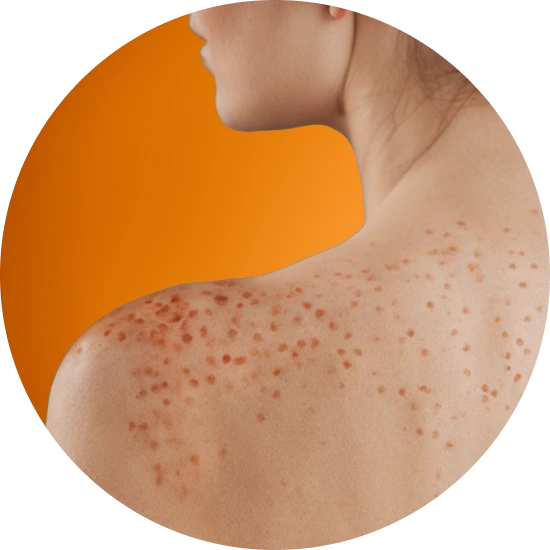Explore the Family Name Cho
How common is the last name Cho in the United States?
Based on the Decennial U.S. Census data, the popularity of the surname Cho has shown a significant increase over the years. In 2000, Cho was ranked 1277 in terms of popularity, which rose to 1038 in 2010, indicating an increase of 18.72%. The count of this surname increased from 25305 in 2000 to 33490 in 2010, marking an impressive growth rate of 32.35%. Furthermore, the proportion of people with the Cho surname per 100k also increased by 21%, moving from 9.38 in 2000 to 11.35 in 2010.
| 2000 | 2010 | Change | |
|---|---|---|---|
| Rank | #1,277 | #1,038 | 18.72% |
| Count | 25,305 | 33,490 | 32.35% |
| Proportion per 100k | 9.38 | 11.35 | 21% |
Race and Ethnicity of people with the last name Cho
When it comes to ethnic identity, the Decennial U.S. Census data reveals that the majority of individuals with the surname Cho identify as Asian or Pacific Islander. This demographic made up 95.57% of those with the Cho surname in 2000 and slightly decreased to 95.12% in 2010. The percentage of people identifying as two or more races, white, and Hispanic also saw increases during this time period. Those identifying as two or more races went from 1.85% to 1.92%, white from 1.79% to 1.88%, and Hispanic from 0.65% to 0.80%. There were no changes reported for those identifying as Black or American Indian and Alaskan Native, with the numbers remaining at 0 for both years.
| 2000 | 2010 | Change | |
|---|---|---|---|
| Asian/Pacific Islander | 95.57% | 95.12% | -0.47% |
| Two or More Races | 1.85% | 1.92% | 3.78% |
| White | 1.79% | 1.88% | 5.03% |
| Hispanic | 0.65% | 0.8% | 23.08% |
| Black | 0% | 0% | 0% |
| American Indian and Alaskan Native | 0% | 0% | 0% |
Cho ancestry composition
23andMe computes an ancestry breakdown for each customer. People may have ancestry from just one population or they may have ancestry from several populations. The most commonly-observed ancestry found in people with the surname Cho is Korean, which comprises 78.2% of all ancestry found in people with the surname. The next two most common ancestries are Chinese (9.9%) and British & Irish (3.2%). Additional ancestries include French & German, Japanese, Chinese Dai, Filipino & Austronesian, and Vietnamese.
Ready to learn more about your ancestry? Get the most comprehensive ancestry breakdown on the market by taking our DNA test. Shop 23andMe
| ANCESTRY BREAKDOWN | COMPOSITION |
|---|---|
| Korean | 78.2% |
| Chinese | 9.9% |
| British & Irish | 3.2% |
| Other | 8.7% |

Possible origins of the surname Cho
Your DNA provides clues about where your recent ancestors may have lived. Having many distant relatives in the same location suggests that you may all share common ancestry there. Locations with many distant relatives can also be places where people have migrated recently, such as large cities. If a large number of individuals who share your surname have distant relatives in a specific area, it could indicate a connection between your surname and that location, stemming from either recent ancestral ties or migration.
Based on 23andMe data, people with last name Cho have recent ancestry locations in South Korea and China.
| RECENT ANCESTRY Location | Percentage |
|---|---|
| Seoul, South Korea | 79.90% |
| Busan, South Korea | 54.00% |
| Gyeongsangnam Do, South Korea | 41.80% |
| Daegu, South Korea | 38.70% |
| Jeollabuk Do, South Korea | 37.70% |
What Cho haplogroups can tell you
Haplogroups are genetic population groups that share a common ancestor on either your paternal or maternal line. These paternal and maternal haplogroups shed light on your genetic ancestry and help tell the story of your family.
The top paternal haplogroup of people with the surname Cho is O-CTS7620, which is predominantly found among people with East Asian & Indigenous American ancestry. Haplogroup O-CTS7620 is descended from haplogroup O-M1359. Other common haplogroups include O-F46 and O-F11, which are predominantly found among people with East Asian & Indigenous American and East Asian & Indigenous American ancestry. Other surnames with similar common haplogroups are: Kim, Choi, Han, Park, Hwang, Chung, Shin, Jung, Chang, Jin.
The most common maternal haplogroups of people with Cho surname are: D4b2b, H, D4. These most commonly trace back to individuals of East Asian & Indigenous American and European ancestry.
 Paternal Haplogroup Origins O-M1359
Paternal Haplogroup Origins O-M1359
Your paternal lineage may be linked to the Yayoi
Haplogroup O1b2a, a branch of haplogroup O, is closely related to several haplogroups that are commonly found in Japan. Haplogroup O is closely associated with Kyushu, Japan's third largest island, and makes up over half of all men in Japan. Although haplogroup O is prevalent in Japan, it likely only entered Japan during the Yayoi expansion about 2,300 years ago. During the Yayoi expansion, people entering from the Korean Peninsula brought wet rice agriculture, weaving technology, and metalworking technology to Japan. The Yayoi expansion began on the island of Kyushu, where haplogroup O is very common today. It is possible that some of the early members of O1-F3356 were involved in this major shift, which quickly and dramatically altered Japanese culture.
Your maternal lineage may be linked to Marie Antoinette
Because it is so dominant in the general European population, haplogroup H also appears quite frequently in the continent's royal houses. Marie Antoinette, an Austrian Hapsburg who married into the French royal family, inherited the haplogroup from her maternal ancestors. So did Prince Philip, Duke of Edinburgh, whose recorded genealogy traces his female line to Bavaria. Scientists also discovered that famed 16th century astronomer Nicolaus Copernicus traced his maternal lineages to haplogroup H.

What do people with the surname Cho have in common?
Spoiler alert: it's complicated. People with the same last name are usually no more genetically similar than a randomly sampled group of people from the same population. That said, people with the same surname are more likely to have similar ancestries than randomly sampled individuals. The reason is the tendency of people with similar cultural or geographical backgrounds to preferentially mate with one another. That's why people who share a surname may be more likely to share traits and tendencies in common than people within the general population. Check out the percentages below to see the prevalences of tastes, habits, and traits of people with your surname compared with prevalences among 23andMe users.
Preferences
Traits
Habits
Wellness
Are health conditions linked to the last name Cho?
The short answer is that, if there is an association between surname and health, it's usually more about your ancestry than your name. Individuals with a given surname are no more genetically similar than the general population but often have similar ancestries. The populations of people associated with those shared ancestries often have sets of genetic variations, also known as alleles, in common. Some of those alleles are associated with a greater likelihood of developing certain diseases.
Disease variant frequency by ancestry
Disease allele frequencies in populations associated with the surname Cho are shown below. Important Note: not everyone with a disease allele will develop these health condition
























